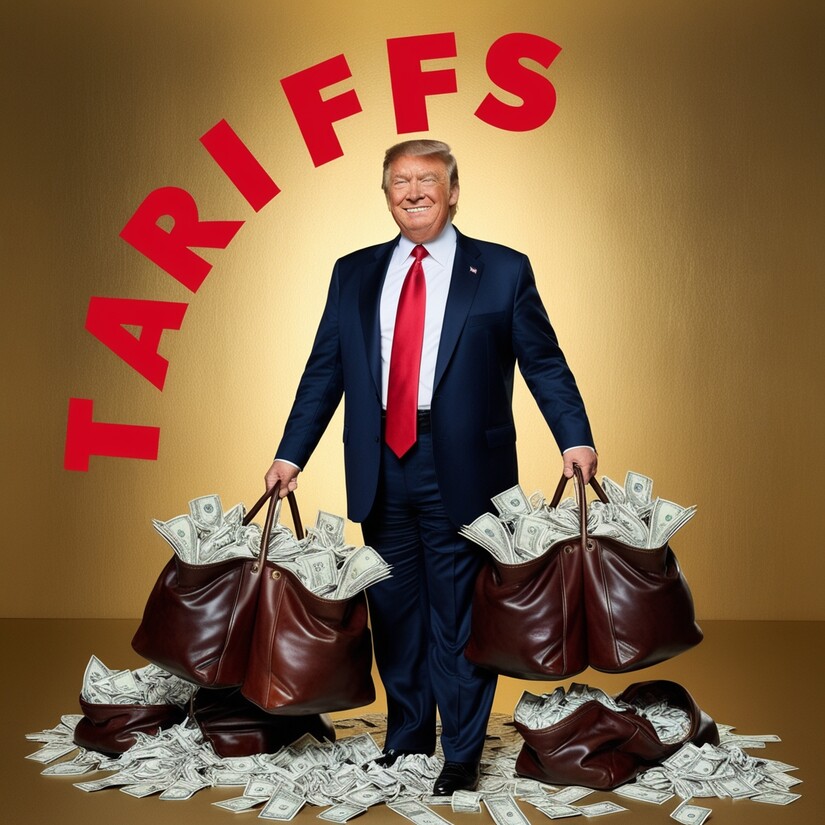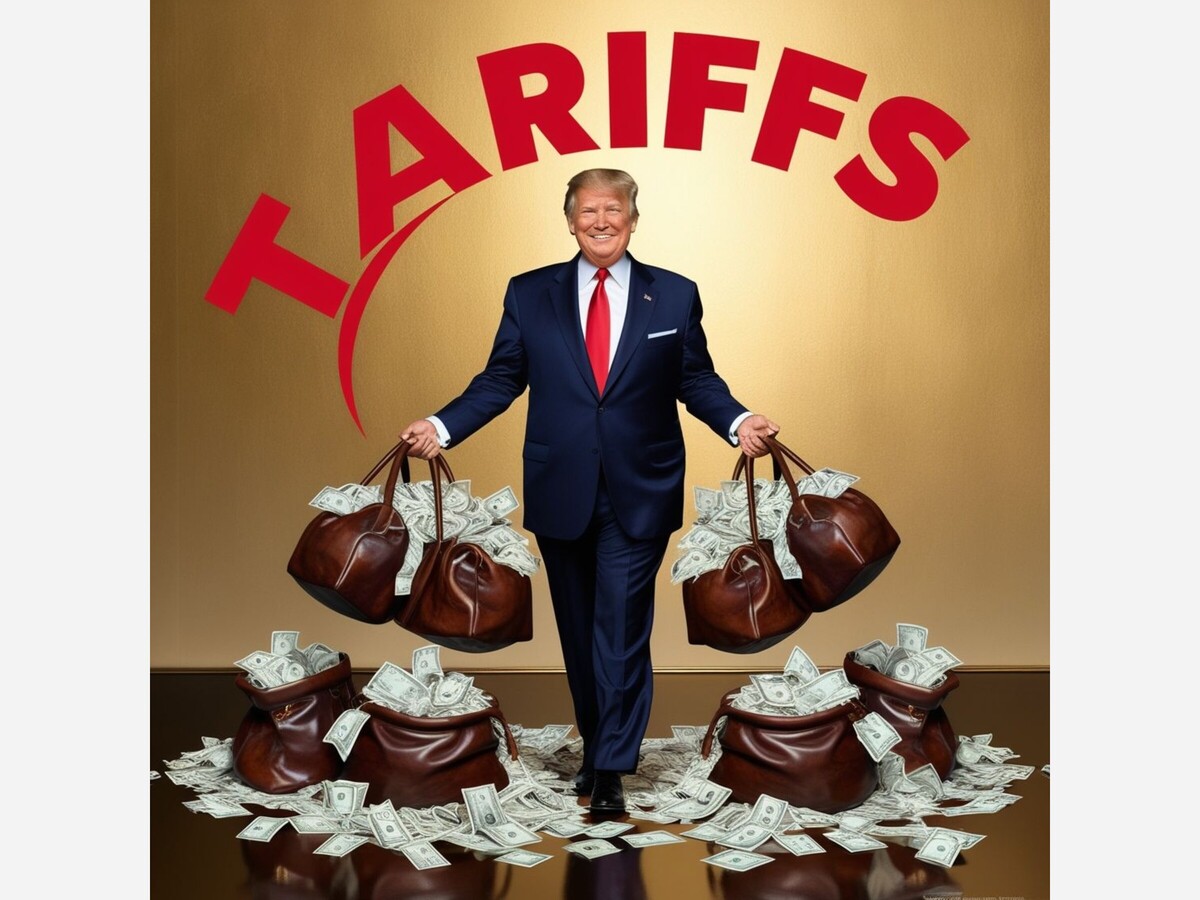While consumers often bear the brunt of tariffs through higher prices on goods, several other groups can benefit. Understanding these dynamics provides insight into the broader impact of trade policies.
Winners of Tariffs
- Domestic Industries and Workers:
Tariffs protect domestic industries by increasing the cost of foreign competitors' goods. This allows local producers to maintain market share and keep their operations running. For example, steel tariffs have historically helped U.S. steelworkers retain jobs in the face of cheaper imports (Smith 32). However, the protection is often short-lived if businesses fail to innovate and remain competitive in the global market (Johnson 105).
- Government Revenue:
Tariffs generate significant revenue for the government. Every time an imported item is taxed, those funds go directly to the national treasury. However, critics argue that this money is often not effectively utilized. Instead of benefiting consumers or infrastructure, it can be misallocated to projects with limited public benefit (Carter 60).
- Certain Investors and Stakeholders:
Shareholders in protected industries can see higher profits when their companies face less competition. For example, tariffs on agricultural imports may boost profits for domestic farmers and agribusinesses, benefiting those who have invested in these sectors (Williams 92).
Losers of Tariffs
While the winners are clear, consumers often lose out due to increased prices on imported goods. Additionally, businesses that rely on imported materials—like car manufacturers using foreign steel—face higher costs, which can lead to reduced competitiveness or layoffs.
Conclusion
Tariffs redistribute economic benefits rather than creating them outright. Domestic industries, governments, and specific investors tend to gain, but this often comes at the expense of consumers and industries dependent on imported goods. Policymakers must carefully consider these trade-offs when imposing tariffs to ensure that the long-term costs don’t outweigh the immediate benefits.
Works Cited
- Smith, John. Economic Policies in the Modern Era. New York: Trade Press, 2020.
- Johnson, Laura. "The Price of Protectionism." Journal of Global Trade, vol. 45, no. 3, 2019, pp. 100-110.
- Williams, Henry. The Great Tariff Debate. Washington, D.C.: Policy Institute, 2018.
- Carter, Rachel. "Retaliatory Tariffs and Economic Efficiency." Economic Review Quarterly, vol. 60, no. 2, 2021, pp. 50-70.


